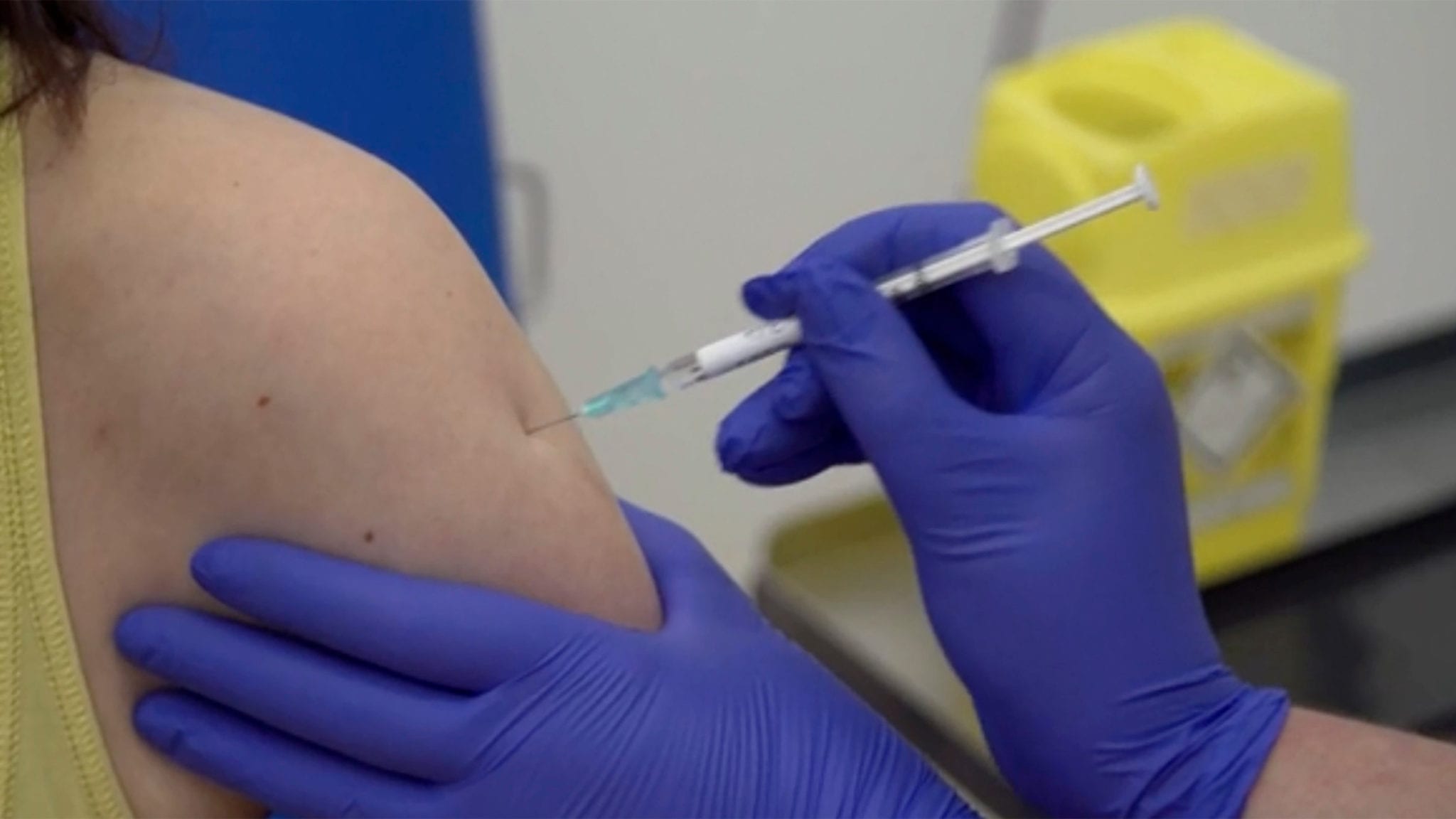
Pharma's new 'Berlin Declaration' seeks to reserve vaccines, therapeutics in production for low-income countries
As Pfizer/BioNTech and Moderna remain reluctant to share IP or provide tech transfer to expand the manufacture of their life-saving mRNA vaccines for Covid-19, the International Federation of Pharmaceutical Manufacturers & Associations on Tuesday unveiled a new plan, building off those Covid successes, to ensure more equitable pandemic preparedness.
The plan, known as the “Berlin Declaration,” will be brought before G7 and G20 countries soon and proposes to reserve an allocation of the real-time production of drugs, vaccines and diagnostics for distribution to priority populations in lower income countries, as determined by health authorities during pandemics.
Unlock this article instantly by becoming a free subscriber.
You’ll get access to free articles each month, plus you can customize what newsletters get delivered to your inbox each week, including breaking news.